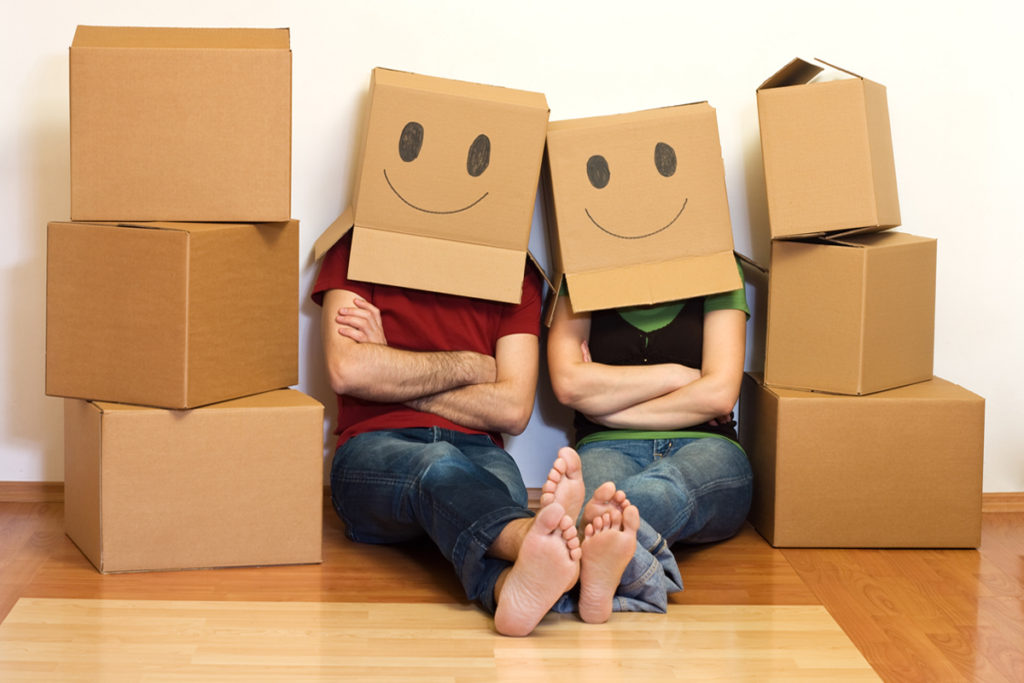Relocating can be both thrilling and challenging. While the idea of a fresh start in a new place brings a sense of adventure, the process of moving can often be stressful. From packing up all your belongings to adjusting to a new environment, the journey can be overwhelming. However, with the right self-care strategies and relocation tips, you can manage moving stress and make your transition smoother.
Understanding Moving Stress
Before diving into self-care strategies, it’s essential to understand what moving stress is and why it happens. Moving stress refers to the physical and emotional strain that occurs during the relocation process. It’s triggered by various factors, such as the disruption of routines, fear of the unknown, and the sheer volume of tasks to be completed.
Why Is Moving So Stressful?
Several reasons contribute to the stress associated with moving:
- Change in Environment
Adapting to a new home, neighborhood, or even a new city can be challenging. The unfamiliarity of the new environment can cause anxiety.
- Financial Strain
Moving often comes with significant expenses, from hiring movers to setting up utilities in a new home.
- Time-Consuming
Packing, organizing, and coordinating the move requires a considerable amount of time and effort.
- Emotional Attachment
Leaving behind a familiar place filled with memories can be emotionally taxing.
- Physical Exertion
The physical labor involved in packing and moving can take a toll on your body.
Self-Care Strategies for a Smoother Relocation
Now that we understand why moving stress occurs let’s explore self-care strategies that can help alleviate it.
1. Plan Ahead and Stay Organized
One of the most effective ways to reduce moving stress is by planning ahead. Start by creating a detailed moving checklist that includes all the tasks you need to complete. Break down the process into manageable steps, such as:
- Decluttering and sorting belongings
- Gathering packing supplies
- Labeling boxes
- Notifying utility companies and updating your address
Staying organized will help you keep track of your progress and ensure that you don’t overlook any important tasks.
2. Practice Mindfulness and Relaxation Techniques
In the midst of the chaos, it’s essential to take time for yourself. Practicing mindfulness and relaxation techniques can help calm your mind and reduce stress. Consider incorporating activities such as:
- Meditation: Spend a few minutes each day meditating to clear your mind and focus on the present moment.
- Deep Breathing Exercises: Practice deep breathing to relax your body and reduce anxiety.
- Yoga: Engage in gentle yoga stretches to relieve physical tension and promote relaxation.
3. Seek Support from Friends and Family
Don’t hesitate to ask for help from friends and family. Whether it’s assisting with packing, providing emotional support, or helping with logistics, having a support system can make a significant difference. Surrounding yourself with loved ones can provide comfort and reassurance during the moving process.
4. Take Care of Your Physical Health
Maintaining your physical health is crucial when managing moving stress. Ensure that you:
- Get Enough Sleep: Aim for 7-8 hours of sleep each night to keep your energy levels up and improve your mood.
- Eat Nutritious Meals: Fuel your body with healthy foods to stay energized and focused.
- Stay Hydrated: Drink plenty of water to stay hydrated, especially if you’re physically active during the move.
- Exercise Regularly: Incorporate physical activity into your routine to release endorphins and reduce stress.
5. Stay Positive and Focus on the Benefits
It’s easy to get caught up in the stress of moving, but try to stay positive and focus on the benefits of your relocation. Remind yourself of the exciting opportunities and new experiences that await you. Keeping a positive mindset can help you navigate challenges more effectively and make the process more enjoyable.
6. Hire Professional Movers
If your budget allows, consider hiring professional movers to handle the heavy lifting. Professional movers can streamline the process and ensure that your belongings are transported safely. This can significantly reduce the physical and emotional burden of moving.
7. Declutter and Simplify
Moving is the perfect opportunity to declutter and simplify your life. Go through your belongings and decide what you truly need and what can be donated, sold, or discarded. Decluttering not only reduces the amount of stuff you need to move but also creates a sense of relief and accomplishment.
8. Create a Moving Day Survival Kit
Prepare a moving day survival kit with essential items you’ll need immediately upon arrival at your new home. Include items such as toiletries, snacks, water, important documents, phone chargers, a change of clothes, and basic cleaning supplies. Having these essentials on hand will make your first day in your new home more comfortable and stress-free.
9. Stay Connected with Loved Ones
Maintaining connections with friends and family can provide emotional support during your move. Keep in touch through phone calls, video chats, or social media. Sharing your experiences and feelings with loved ones can help alleviate stress and make you feel more connected.
10. Allow Yourself to Feel
Moving can evoke a range of emotions, from excitement to sadness. Allow yourself to feel and process these emotions. It’s okay to feel overwhelmed, nostalgic, or anxious. Acknowledge your feelings and permit yourself to experience them without judgment.
Relocation Tips for a Stress-Free Move
In addition to self-care strategies, here are some practical relocation tips to ensure a stress-free move:
1. Start Early
Begin the moving process as early as possible. This will give you ample time to plan, pack, and address any unexpected issues that may arise.
2. Label Everything
Labeling your boxes with their contents and the room they belong to will make unpacking much easier. This simple step can save you time and frustration when setting up your new home.
3. Pack an Essentials Box
Pack a box with all the essentials you’ll need for the first few days in your new home. This can include toiletries, medications, clothing, and important documents. Having these items easily accessible will make the transition smoother.
4. Update Your Address
Notify important parties of your change of address. This includes the post office, banks, insurance companies, and any subscription services. Updating your address ensures that you continue to receive important mail and services without interruption.
5. Transfer Utilities
Arrange for the transfer or setup of utilities at your new home before you move in. This includes electricity, water, gas, internet, and cable. Having these services ready upon your arrival will make settling in more comfortable.
6. Keep Valuables Safe
Keep valuable items such as jewelry, important documents, and electronics with you during the move. This ensures their safety and reduces the risk of loss or damage.
7. Take Photos of Electronics
Before disconnecting the electronics, take photos of the wiring setup. This will make it easier to reconnect everything correctly in your new home.
8. Use Quality Packing Supplies
Invest in quality packing supplies to protect your belongings during the move. Sturdy boxes, bubble wrap, packing paper, and tape can prevent damage and ensure that your items arrive safely.
9. Research Your New Neighborhood
Familiarize yourself with your new neighborhood before you move. Research local amenities, schools, healthcare facilities, and transportation options. Knowing what to expect can ease the transition and help you feel more at home.
10. Take Breaks
Moving is physically and emotionally demanding, so be sure to take breaks and rest when needed. Pushing yourself too hard can lead to burnout and increased stress. Listen to your body and give yourself time to recharge.
Conclusion
Managing moving stress requires a combination of self-care strategies and practical relocation tips. By planning ahead, staying organized, and prioritizing your well-being, you can make the moving process more manageable and enjoyable. Remember to take time for yourself, seek support from loved ones, and focus on the positive aspects of your relocation. With these stress-free relocation strategies, you’ll be well on your way to a smoother and more successful move.
Relocating to a new home is a significant life event, and it’s natural to feel a mix of emotions. Embrace the journey, practice self-care, and approach the process with a positive mindset. Moving may be challenging, but it also offers an opportunity for growth, new experiences, and a fresh start. By implementing these strategies and tips, you can navigate moving stress and make your transition a smooth and rewarding experience.

